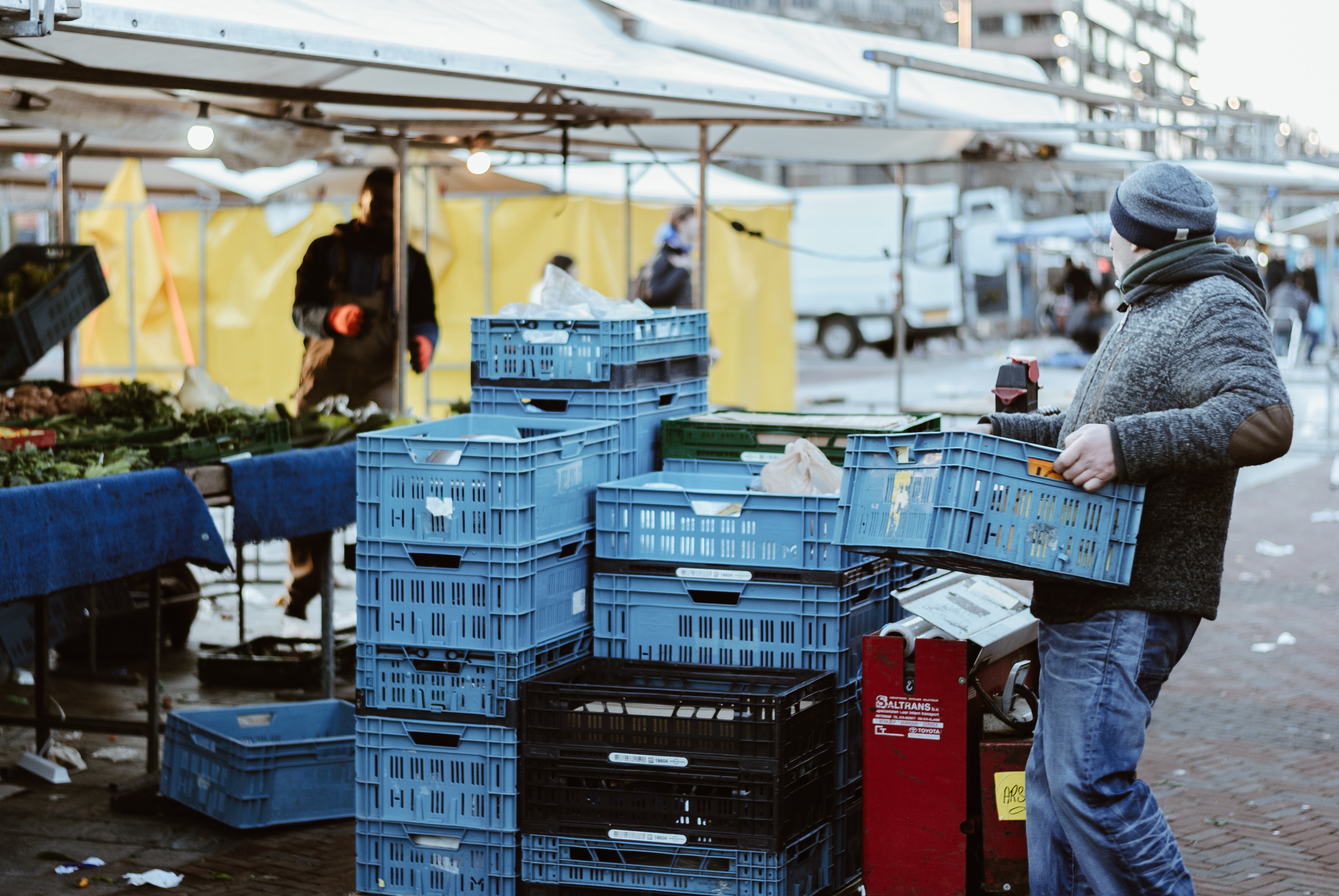Modern Slavery doesn’t just happen overseas. What are we seeing here at St Vincent’s?
Modern Slavery doesn’t just happen overseas. What are we seeing here at St Vincent’s?
30 May 2023
The recent federal budget announcement included a commitment to fund a project to combat modern slavery with a funding boost of $24.3 million for the Support for Trafficked People Program. This announcement may have come as a surprise to some Australians, where modern slavery remains largely hidden.
But current reports estimate there are over 40,000 victims of modern slavery in Australia, most of them women and girls. Worse still, it’s estimated that four out of five victims go undetected, with no pathway to freedom, and no support.
While anyone can fall victim to modern slavery, some groups are more vulnerable than others. International students, people seeking asylum, people without working visas and who may not know their rights in Australia are often targeted. Women and girls are disproportionately victimised, most often trafficked in to sex slavery or subjected in to forced marriage.
St Vincent’s Social Worker, Stephen Freeman has seen first-hand what the terrible impact modern slavery can have on a person’s physical, mental and social health and wellbeing.
“It is often hidden in homes, restaurants, farms and building sites. Exploitation and control creates trauma for these victims, but it’s often not until the very pointy end, when a person presents to Emergency as a result of physical abuse, that we are able to intervene”.
On a much broader scale, Tarang Jain, St Vincent’s Health Australia Procurement Specialist and Modern Slavery Liaison Officer is leading the national response to combatting modern slavery by mitigating risks across our operations and supply chains. “Currently there are over 50 million people across the globe that we know about, who are exploited in supply chains, with more than half of them in forced labour. Much of our purchased items come from abroad, so the obligation to address international exploitation practices is incumbent upon us.
We are closely monitoring our supply chain and adopting due diligence measures in ensuring that the organisations that we buy from, whether they be suppliers of PPE, medical consumables, surgical equipment, bedding or uniforms – pretty much everything purchased on scale across our 39 hospital and aged care facilities, do not engage in modern slavery practices. To facilitate this, we are collaborating with our peers under the Australian Catholic Anti-Slavery Network (ACAN) compendium to collectively address any perceived risks across suppliers common to our supply chains”.
But it’s much more complicated than it sounds. The team need to explore every operational aspect of each supplier, and their subsequent suppliers. It’s not just about their labour force, but also their external and internal suppliers, such as transport, distribution, source of raw materials, manufacturing and warehousing.
SVHA’s national Anti-Modern Slavery policy not only states the formal commitment to eradicating any complicity in modern slavery from operations, business relationship and extended supply chains - it has also committed to raising awareness of the issue and the safe identification, treatment, and referral of victims of human trafficking.
“The Emergency teams have been fully trained in the identification of people presenting who are displaying behaviours commonly seen in victims of modern slavery, and how to effectively manage their case beyond hospital admission. By working with the Police and other agencies, we hope to improve the lives of people impacted by these atrocities”.
